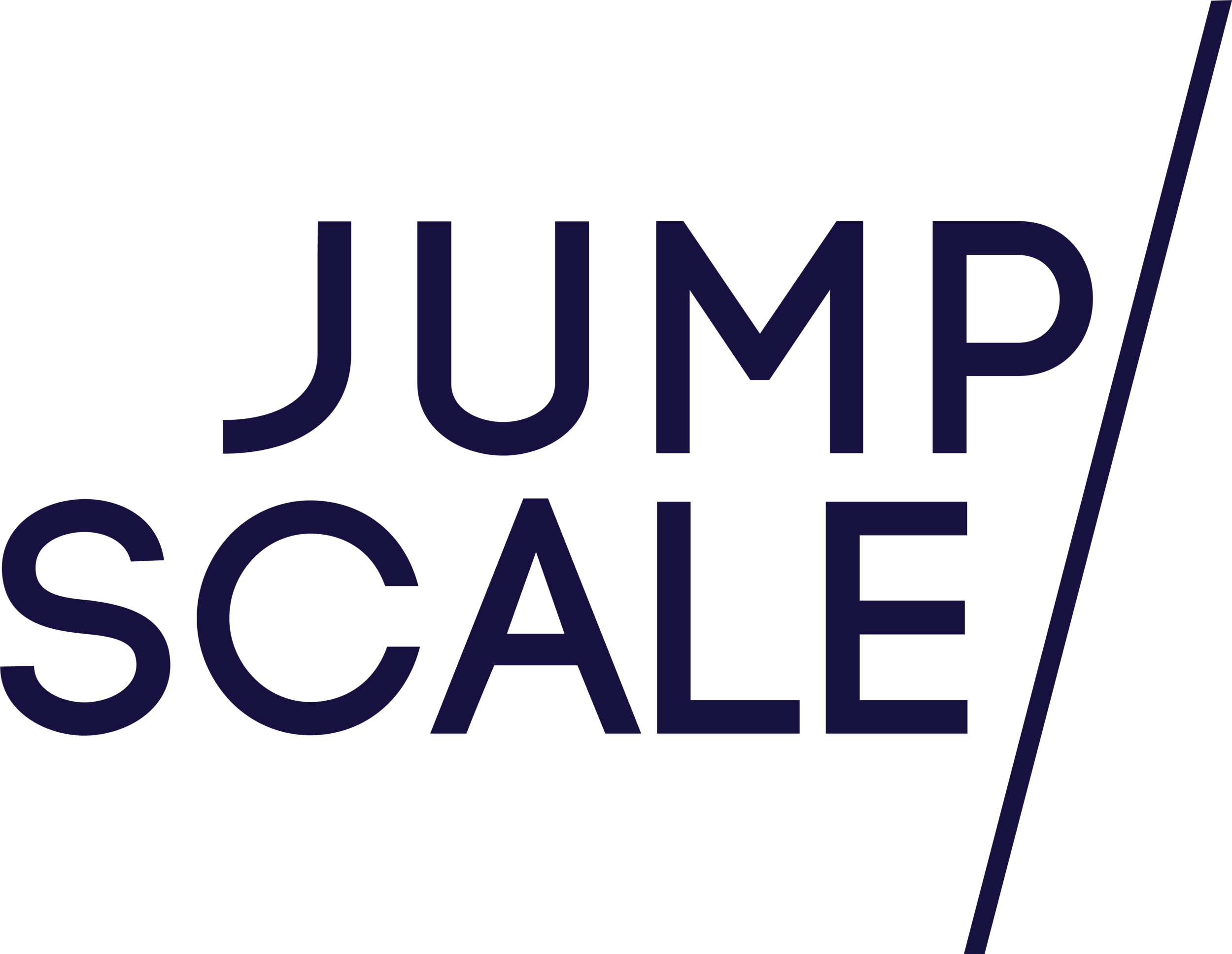4 Mindfulness Practices to Transform Team Meetings
As the pandemic continues, we've noticed that the companies we work with at JumpScale are experiencing similar trends: employees feel increasingly stressed and depressed, burned out on Zoom and their 24/7 connection to tech, and craving more real connection with their teams. One of the most powerful allies we've found to support company culture, boost employee wellness and address workplace stress in this "new normal" is based in a set of teachings that have been around for centuries: mindfulness.
While mindfulness has become a bit of mainstream buzzword, there's a reason it's quickly graduating out of spiritual contexts and gaining more and more traction in business settings: it's extremely effective and super simple. Research shows that incorporating basic mindfulness practices that help employees connect to the present moment (though practices like breathing and meditation) can help them reduce stress and anxiety, increase productivity, find more focus and ignite creativity.
What better place to integrate mindfulness into your work day than the (virtual) space you connect daily: your team meetings.
At JumpScale, we encourage our clients to start every meeting mindfully, and our team does the same (practice what you preach, as they say). Here are our four favorite practices that help us pause, get grounded, and find connection with ourselves and each other. No experience necessary, just a willingness to try something new!
1.Mindful Mediation Pause
Many of us race from meeting to meeting or task to task, and our minds race right alongside us. Starting a meeting with a moment or a few minutes of silence can be just the break you need to get grounded before switching gears again. Simply have your team members put their feet on the ground, close their eyes, and give them some time to quietly arrive with a short meditation before you begin your meeting.
2. Find Your Breath
One of the easiest and quickest ways to support the nervous system to shift out of the flight or fight stress response is through diaphragmatic breathing (a fancy term for simply focusing on the rhythm of your breath!). There are many ways to kick off a meeting with some intentional breath, but here are a few we like most:
Close your eyes and take three extra slow, deep breaths. Bring the breath in as far as you can on the inhale and out on the exhale before starting again.
Set a timer and engage in ocean breathing, taking long breaths in through your nose and then exhaling out of the mouth. Breath slowly and continuously until the time is up.
Do a few rounds of a specific breathing technique like box breathing (breathing in for a count of 4, holding for 4, exhaling for 4, holding for 4). This is a little more complicated, but counting gives your mind something to focus on while your body gets the nourishing benefits of your breath.
If you find your team is getting lost or seems unfocused during the meditation or breathing practices, it can be helpful to offer a little guidance, pointing them to simply notice their experience. Simple prompts like "feel the temperature of your breath," "bring your awareness to how your breath feels" or "what do you notice as you breathe?" can help bring them a bit deeper into their experience.
3. Authentic Check-Ins
We've found that creating opportunities for more authentic sharing, through a check in at the beginning of a meeting, is one of the best ways to build connections and boost morale which helps employees feel more present and happier at work. Checking-in with your team to see how everyone is doing can be an incredible valuable use of 5-10 minutes at the start of team meetings.
Asking deeper or more specific questions and having each person answer is the easiest place to start. However, if you're working with a big group or a timid group, it can be both time prohibitive and intimidating for individuals to share with the full group. Utilize Zoom breakout rooms for paired shares or small group shares to disarm any discomfort or more efficiently use your time. Here are some of our favorite inquiries to get you started:
How are you feeling, REALLY?
Share a high and a low from today (or this week)
Where are you stuck? Where are you in flow?
If you really knew me, one thing you would know...
My hands-down favorite meal (or hobby, or insert anything here) is...
4. The Gifts of Gratitude
At JumpScale we constantly remind ourselves that what you appreciate, appreciates. So why not practice appreciating more? Many studies have shown that focusing on what you are grateful for boosts your mood, makes you feel healthier, decreases stress and anxiety and builds resilience. Even the tiniest amount of time spent reflecting on gratitude can create huge positive ripples for you, your team and your company.
Our team loves the practice we call "breaths of gratitude". Each participant in the meeting names something they feel grateful for and immediately after each share everyone takes a big, deep breath in and out together. A gratitude practice like this is also a great way to end a meeting, letting your team members name their gratitudes popcorn style.
Add any of these practices to your mindful meeting toolkit or start experimenting with some of your own (experimentation IS the mother of invention) as you begin to cultivate a culture of mindfulness within your organization. We hope that these tools will help build a powerful foundation of presence and connection within your teams, leading to improved health, happiness and resilience no matter what obstacles you may be facing.
If you’d like to learn more about how your company/organization can put these types of wellness programs into practice, please let us know!
Bonnie Coberly is a Senior Advisor at JumpScale and a highly sought-after executive health coach, business consultant, wellness entrepreneur and breathwork practitioner with 15 years of experience in the health, wellness and organic food industries.
Check out our other Content
Events • In the News • Podcast • Our Articles • Videos

